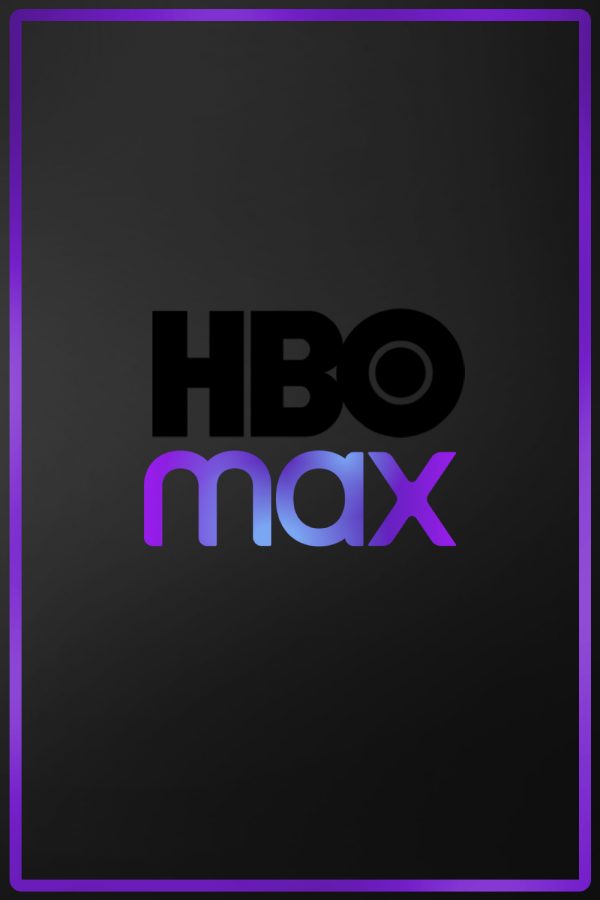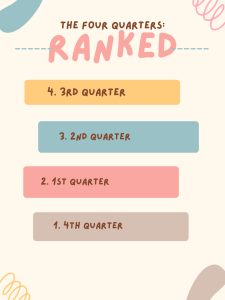The Death Of The Theatre Experience
December 17, 2020
One industry affected the most by the COVID-19 pandemic has been the film industry. Due to countless protocols and lockdowns that have been put in place, theatres have been shut down, and many films have been struggling to release. Warner Bros., one of the largest names in the entertainment industry, has seemingly found a solution to this problem. Warner recently announced that all films on their 2021 calendar will be released simultaneously in theatres and on their budding streaming service, HBO Max. Not only is this a momentous decision, which should contribute greatly to the success of HBO Max, it is a decision that comes with much consequence.
The theatre business is not one that many consider when discussing the businesses most affected by COVID-19; however, it is in a dire position. Recently, AMC Theatres, one of the largest theatre chains in the country, has announced that it will go bankrupt in January. This marks not only the loss of many jobs, but also to the end of an era. For years, many have flocked to the theatre for a communal entertainment experience. Now, thanks to the aftermath of COVID-19, it seems those entertainment experiences will take place primarily from one’s couch.
Even though Warner is also releasing their films in theatres, a question arises: how many people will leave their houses to risk illness if they do not have to? My guess is not enough. The results of this new type of distribution could possibly determine whether or not theatres will even exist in a few years; I have to say, I am scared. Primarily because I myself would prefer to sit on my couch, press a button, and watch the newest films, even though I am one that champions the theatre experience. If the numbers demonstrate this shift to direct-to-consumer entertainment, then it is possible that other companies could adopt this method of distribution too, or an even more theatre-less one. Other companies have yet to announce similar plans, although Disney has decided to move certain films to release exclusively on their streaming service Disney+.
Signs of this change came back in April, when the animated film “Trolls World Tour,” which was meant to be a theatrical release, was released on VOD (Video On Demand). Even without theatre distribution, “Trolls World Tour” made nearly $100 million. This set a precedent for the digital release of films. There was much backlash from this decision, primarily from now broke AMC Theatres. However, many comments were tame, as it was only a children’s film – one that was not expected to be a blockbuster of any sorts. No company would ever release a summer blockbuster straight to VOD, or would they?
Well, yes, they would. Kind of. The first film announced to kickstart Warner’s hybrid release plan was “Wonder Woman 1984,” a film that was originally meant to premiere in theatres in June. On Dec. 25, anyone with a subscription to HBO Max will be able to watch the anticipated sequel to the hit 2017 film “Wonder Woman.” Even though it will also release in theatres, I am anticipating a large difference between what I assume will be a decrease in ticket sales and an increase in HBO Max subscriptions.
Other notable films that have been announced to release via this hybrid plan are “The Matrix 4,” “Godzilla vs. Kong,” “Mortal Kombat,” “Space Jam: A New Legacy,” “Tom and Jerry,” and “Dune.” Once these films are released on HBO Max, they will be available to subscribers for 31 days, and from there, will be exclusive to theatres until their traditional home releases.
While a part of me is excited that I will be able to watch many of these films from the comfort and safety of my home, I am saddened by what I see as the beginning of the end of an era, the death of the theatre experience.








